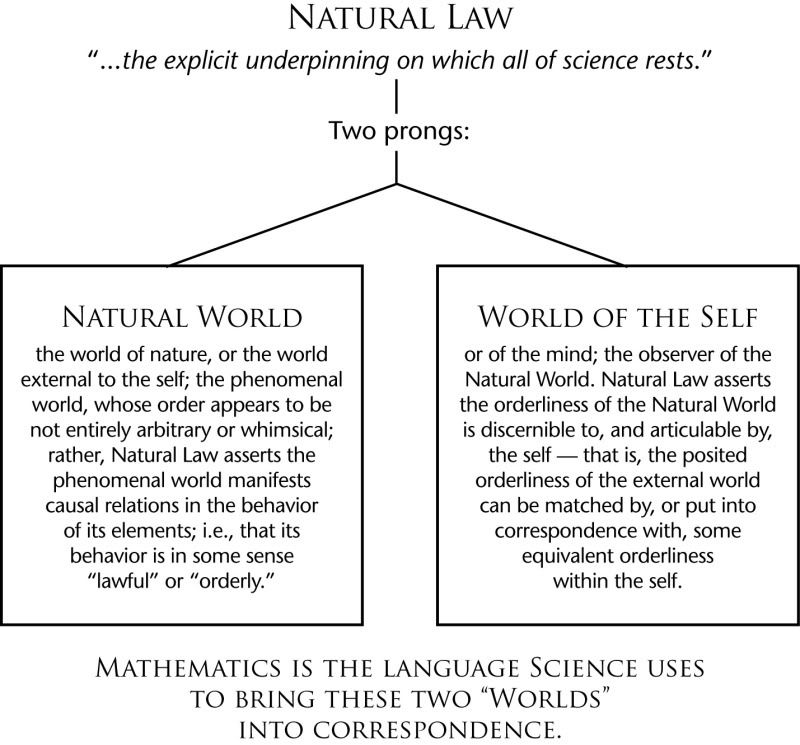To which Alamo-Girl replied: That epistemological cut is far too simplistic.
Earlier, tacticalogic wrote [at Post 480]:
I believe you've just imposed your own religious beliefs as a litmus test of the validity of scientific theories.First of all, I agree with my dearest sister in Christ's observation that the "epistemic cut" you propose, dear Bro, as between knowledge obtained by means of theological insight and what can be obtained by sense perception according to the methods of natural science is "far too simplistic."
I don't dispute that St. Thomas categorized two aspects of knowledge: "1) natural knowledge derived from inputs from our senses, as confirmed by other inputs from our senses, and 2) theological knowledge revealed by the Bible and confirmed by revelations from the Bible."
But what BroJoeK seems to attribute to St. Thomas is the understanding that these categories are effectively mutually-exclusive, and one is better than the other in gaining "real-world" knowledge. But I have strong doubts that St. Thomas would approve of such an "artificial" and "abstract" separation of the two fundaments of basic human knowledge acquisition.
That is, I strongly doubt that what Bro proposes is what St. Thomas had in mind. Thomas Aquinas is remembered — and manytimes censured — for his systemization of Natural Law Theory, which explicates and integrates the very two categories that Bro apparently sees as necessarily mutually-exclusive. Bro claims that science itself must respect this unseemly and unnatural division, just in order to be "science."
So it's been a big kerfuffle of a dialog so far. Everybody seems to be talking "past" each other.
Hopefully to concentrate our minds wonderfully on this issue — which let's not be shy about it, we call Natural Law Theory, as pioneered by a great Saint and Doctor of the Church — we have the marvelous "interpretation" in specifically "scientific" terms as imagined by a great mathematician and theoretical biologist, Robert Rosen (1934 – 1998), in his book Life Itself (1991).
I was so impressed by Rosen's insights, I drew a picture:
See, we here have the "categories" that Bro apparently wishes to discriminate. But for all our desire to isolate, discriminate the two, they are both, together, necessary as mediators of a higher truth.
For human knowledge to entirely depend on the "Natural World" side of this "divide" means that the "World of Self" side is irrelevant. Which means the World is as it is without respect to inquiring human minds. (Which would come to a big surpirse to, say, Einstein and Bohr, both of whom regarded the "observer problem" as critical to the progress of science.)
But it is the inquiring human mind — inquiry from the World of the Self — that makes science possible. Without the World of the Self, science is, indeed, impossible.
So why, dear Bro, do you think you gain anything by in effect alleging that the world is only reliably knowable by scientific methods that have lost all sense of being connected with higher truths about the world in which we live, which higher truths can never in principle be explained by purely scientific methods?
It is clear to me from meditating on my Rosen's diagram that the World of Nature and the World of the Self are not mutually exclusive entities, but great partners in the explication of the Truth about the constitution of the natural world, including humans.
Meanwhile I have my great and long-time FRiend, tacticalogic, taking me to task for: "impos[ing] [my] own religious beliefs as a litmus test of the validity of scientific theories. "
I am ecstatic to say that so many of my "religious beliefs" have been confirmed by "natural science" these days. At least in physics, and especially physical cosmology.
Can't say more, till a dear friend of mine — whose in-progress work I have had the privilege to see — finally publishes his findings respecting the Big Bang/Inflationary Universe theory and how it precisely dovetails with statements in Genesis 1–4.
* * * * * * *
Thank you ever so much much for writing, my dearest sister in Christ, and for all your ever kindly words of support!
